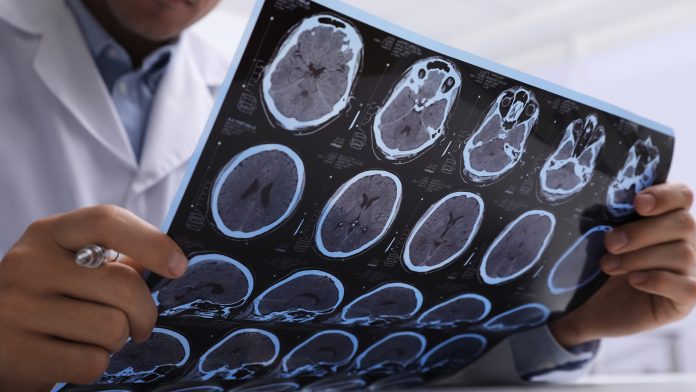
Experiencing three or more concussions is linked with worsened brain function in later life, according to the University of Oxford.
Teams from the University of Oxford and the University of Exeter studied data from over 15,000 participants in the online PROTECT study, who were aged between 50 and 90 and based in the UK. They reported the severity and frequency of concussions they experienced throughout their lives and completed annual, computerised tests for brain function.
The study is the largest of its kind and is published in the Journal of Neurotrauma.
What is a concussion?
A concussion occurs when the brain is shaken back and forth inside the skull, causing mild damage. They are commonly caused by falls, road crashes, assaults and sports accidents. Most mild head injuries cause no long-lasting damage to the brain, but they can cause temporary disruption that can last for at least several weeks.
The long-term impact on brain function
Through their analysis, the team found that participants who reported three episodes of mild concussion throughout their lives had significantly worse attention and ability to complete complex tasks. Those who experienced four or more concussions also showed worsened processing speed and working memory with each additionally reported concussion linked to worsened cognitive function.
Even one concussion was associated with worsened attention, completion of complex tasks and processing speed capacity.
Dr Helen Brooker, a study co-author from the University of Exeter, said: “As our population ages, we urgently need new ways to empower people to live healthier lives in later life. This paper highlights the importance of detailed long-term studies like PROTECT in better understating head injuries and the impact on long-term cognitive function, particularly as concussion has also been linked to dementia. We’re learning that life events that might seem insignificant, life experiencing a mild concussion, can have an impact on the brain. Our findings indicate that cognitive rehabilitation should focus on key functions such as attention and completion of complex tasks, which we found to be susceptible to long-term damage.”
Dr Susan Kohlhaas, Director of Research at Alzheimer’s Research UK, said: “Studies like this are so important in unravelling the long-term risks of traumatic brain injury, including their effect on dementia risk. These findings should send a clear message to policymakers and sporting bodies, who need to put robust guidelines in place that reduce risk of head injury as much as possible.”
Researchers caution that people who have had concussions should be warned of the dangers of continuing high-risk sports or work.






















